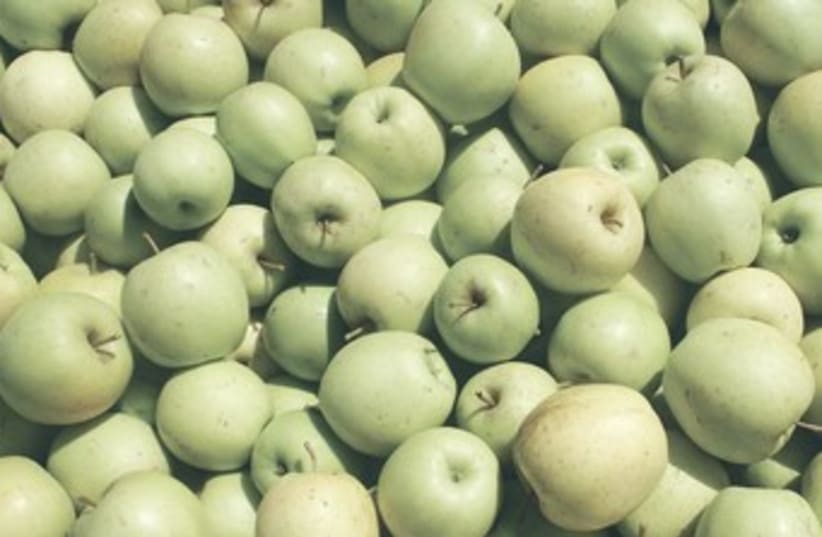For Rosh Hashana, Israelis crave apples, honey, pomegranates and fish
While the average Israeli consumes only about 11 kilos of fish per year, during the month of Tishrei Israelis will each consume about 1.8 kg. – twice the monthly average during the rest of the year.
